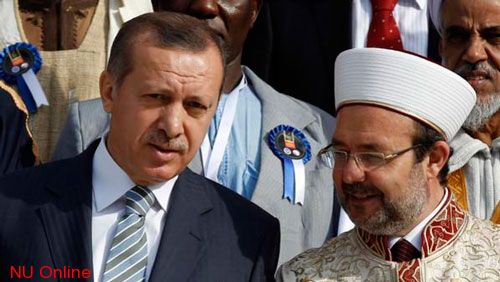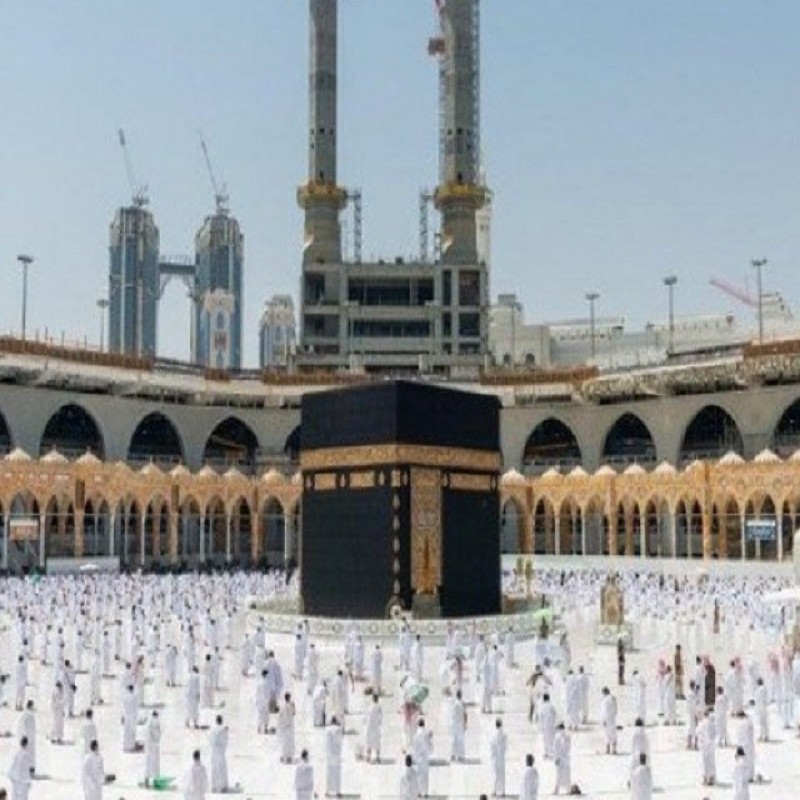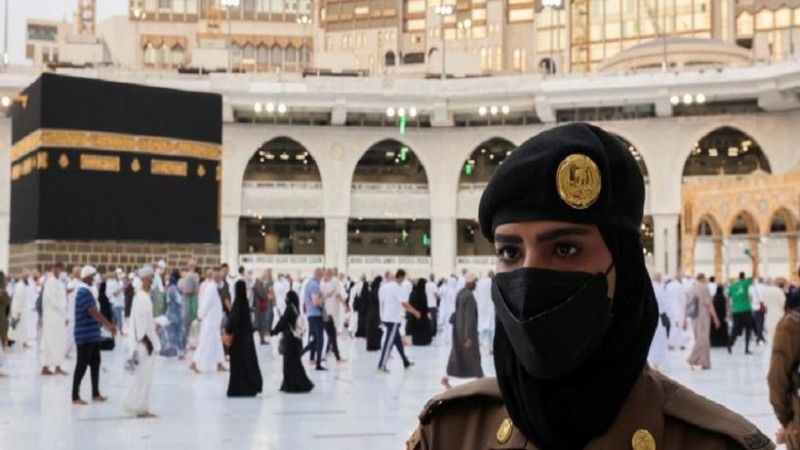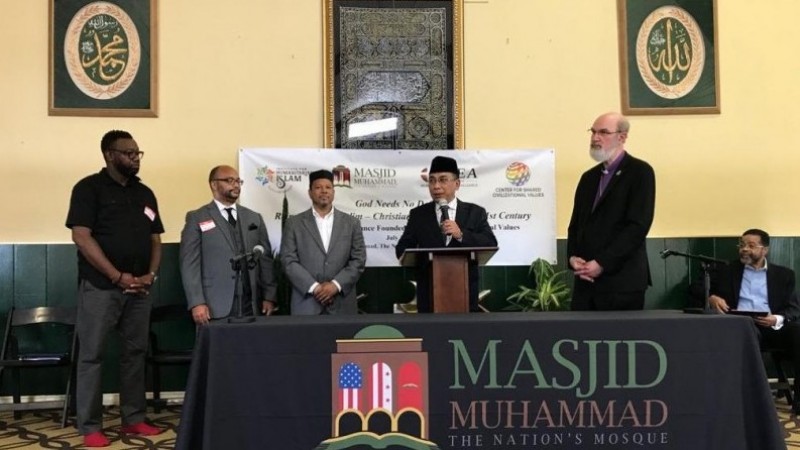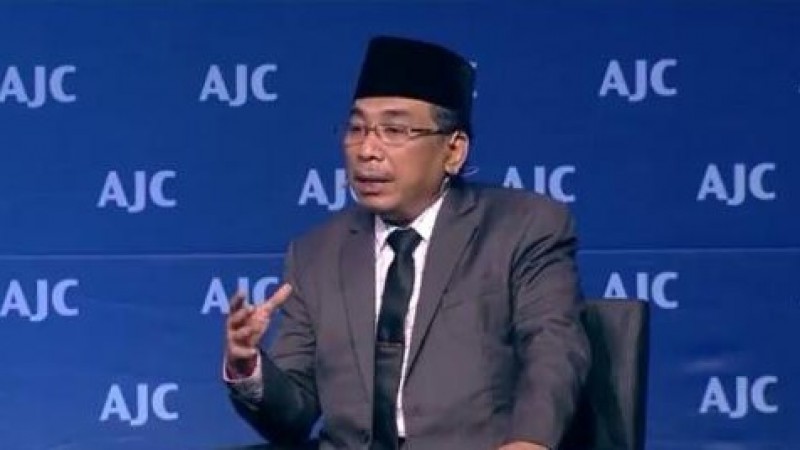Turkey open mosques in all universities
NU Online · Senin, 24 November 2014 | 01:15 WIB
Islanbul, NU Online
Catering to the needs of hundreds of thousands of students, Turkey’s top religious body has announced plans to construct a mosque in every state university, making it easier for Muslim students to observe their prayers.<>
“Mosques are under construction in over 80 universities,” Mehmet Gormez, the head of Turkey’s Religious Affairs Directorate, known as Diyanet in Turkish, was quoted by Agence France Presse (AFP).
“Fifteen of them have been opened for prayers and we will open at least 50 more in 2015.”
The decision to construct the new mosques was seen as an attempt to reach out to millions of young Turkish students.
“There are 20 million young people in our country and we would like to reach out to each one of them,” he told the official Anatolia news agency.
According to Gormez, each of the new mosques would have government-paid imams to attend to “young people’s problems” and provide guidance.
“They will be the place where they will feel the love of God in their hearts,” he said.
“We attach great importance to mosques in city universities. They are the only way to bring mosques back into the lives, the cities and the hearts of our people,” he added.
Muslims pray five times a day, with each prayer made of a series of postures and movements, each set of which is called a rak‘ah.
The five prayer times are divided all through the day which starts with Fajr prayer at dawn.
The new mosques were seen as a new step taken by the government of President Recep Tayyip Erdogan to reinstall Islamic tenets in the Turkish secular community.
Last September, the government allowed girls in state high schools to wear the Muslim headscarf while banning pupils from wearing make-up, dyeing their hair, or having tattoos or body piercings.
Hijab, an obligatory code of dress, has been banned in public buildings, universities, schools and government buildings in Muslim-majority Turkey since shortly after a 1980 military coup.
Turkey’s secular elite, including army generals, judges and university rectors, staunchly oppose easing the hijab ban.
In 2008, Erdogan’s Justice and Development Party (AK) passed a constitutional change easing restrictions on hijab at university.
Later in November 2012, Turkey has lifted a decades-long ban on wearing hijab in Islamic schools which came into effect for the first time in the school year 2013-2014.
In October 2013, a veiled lawmaker has entered the Turkish parliament for the first time in fourteen years, marking the end of 'hijab ban' in state institutions.
Editing by Sudarto Murtaufiq
Terpopuler
1
Khutbah Jumat: Ramadhan dan Kesempatan yang Tidak Selalu Terulang
2
Keluar Mani yang Tidak dan Membatalkan Puasa
3
Khutbah Jumat: Ramadhan, Melatih Sabar, Memperkuat Syukur
4
Khutbah Jumat: Tiga Kebahagiaan Orang Puasa
5
Kultum Ramadhan: Keutamaan Tarawih dan Witir
6
Khutbah Jumat: 4 Cara Menghidupkan Malam Ramadhan dengan Ibadah
Terkini
Lihat Semua

